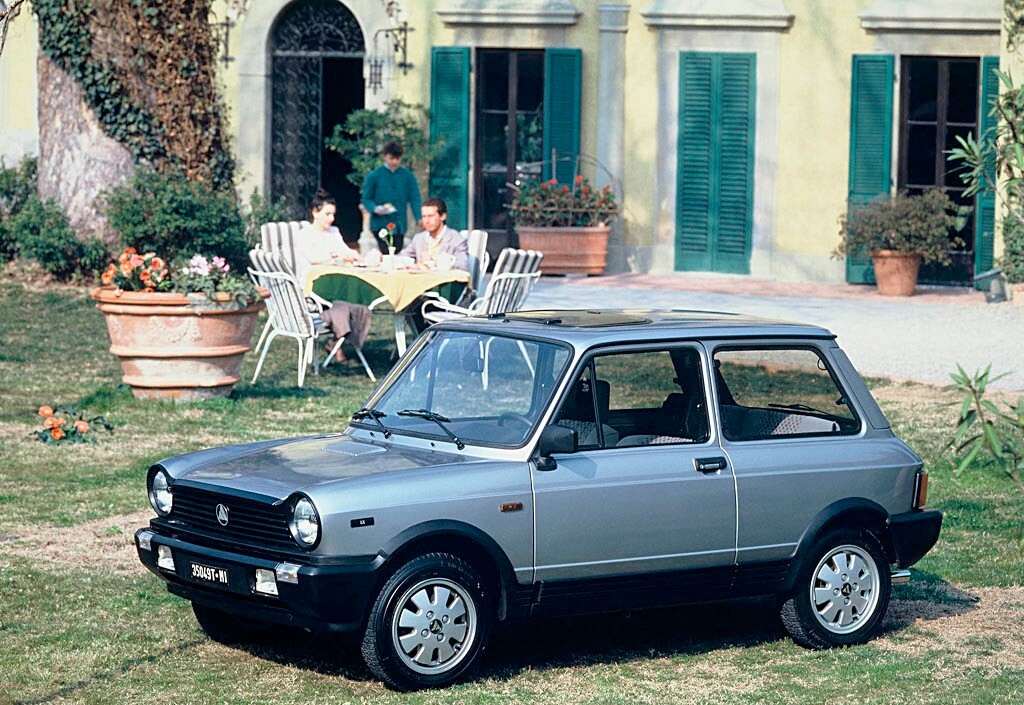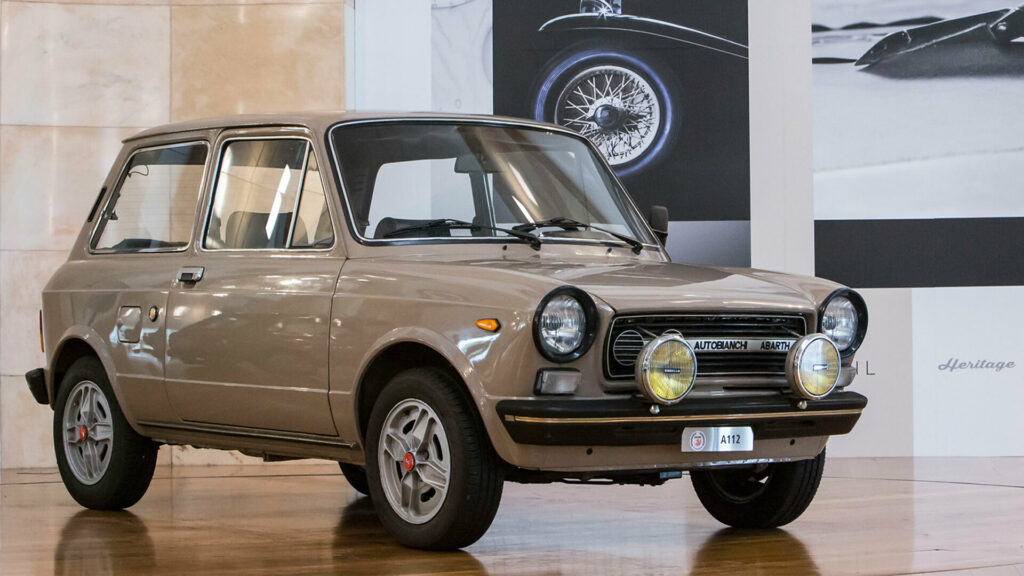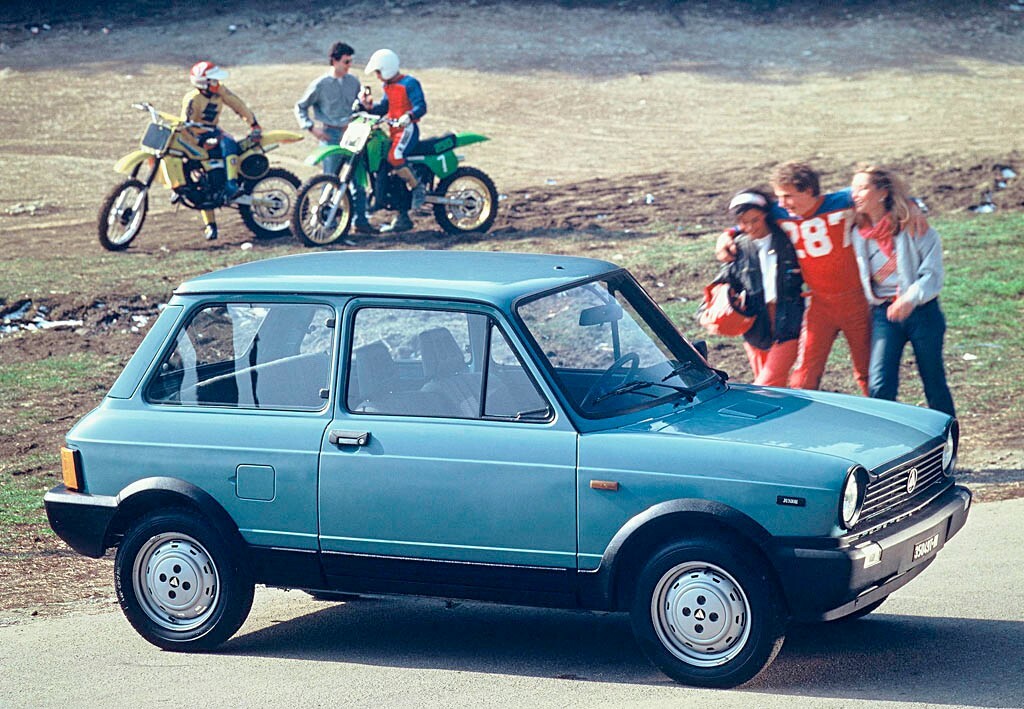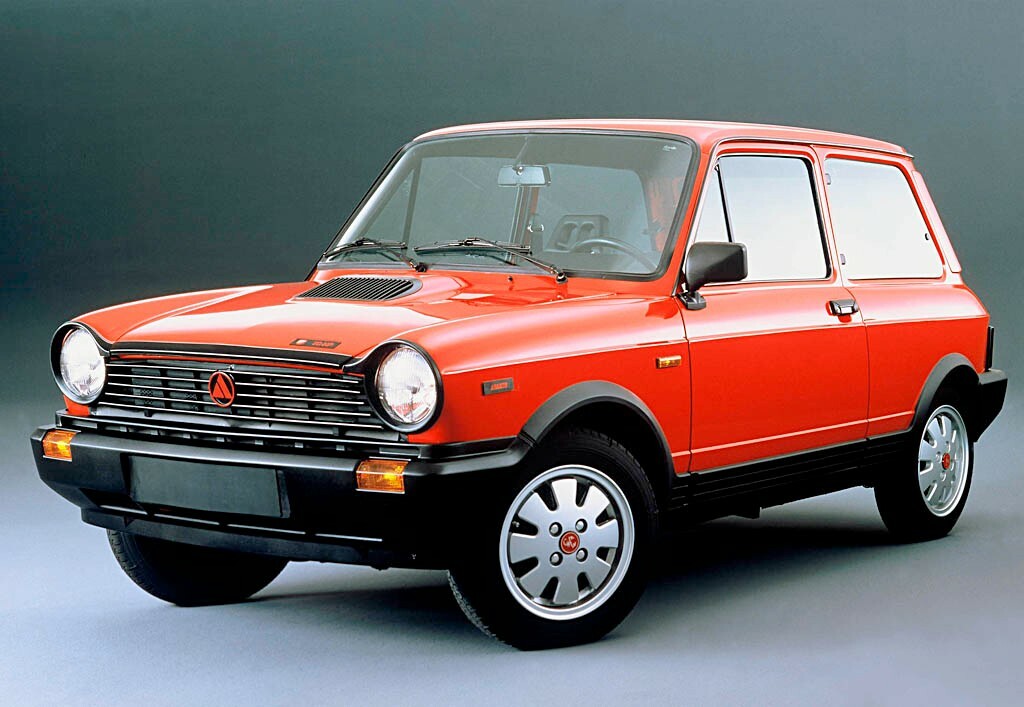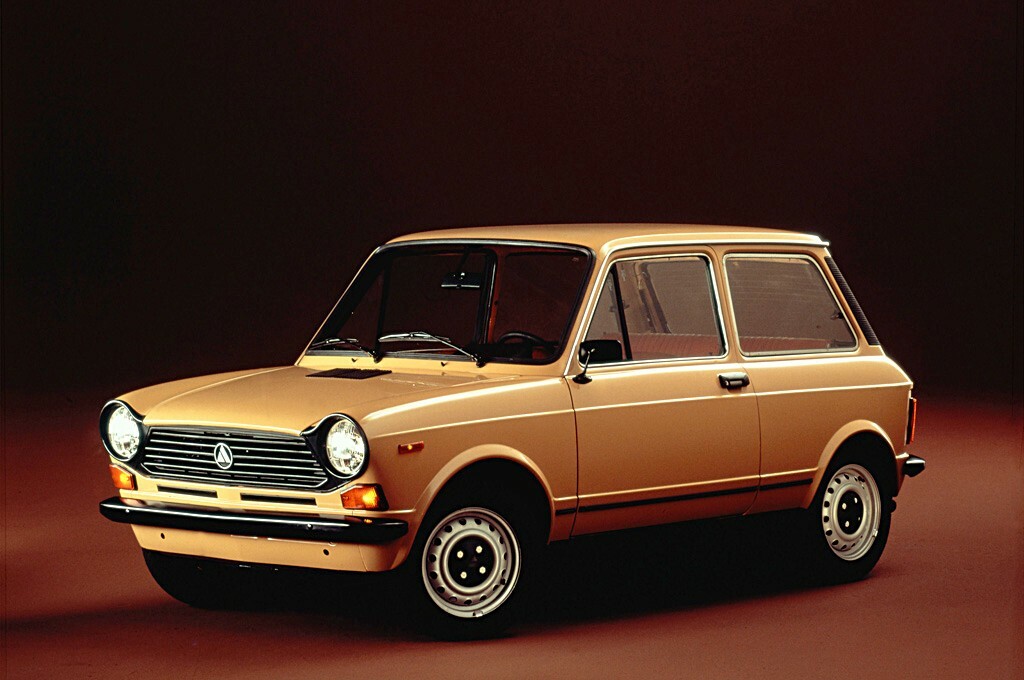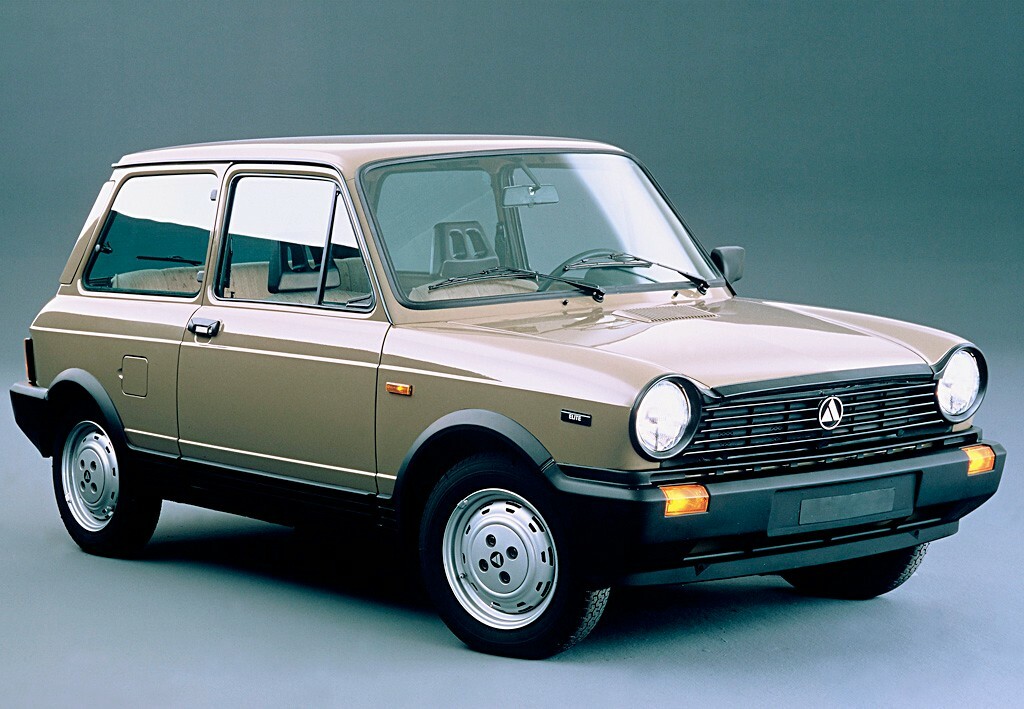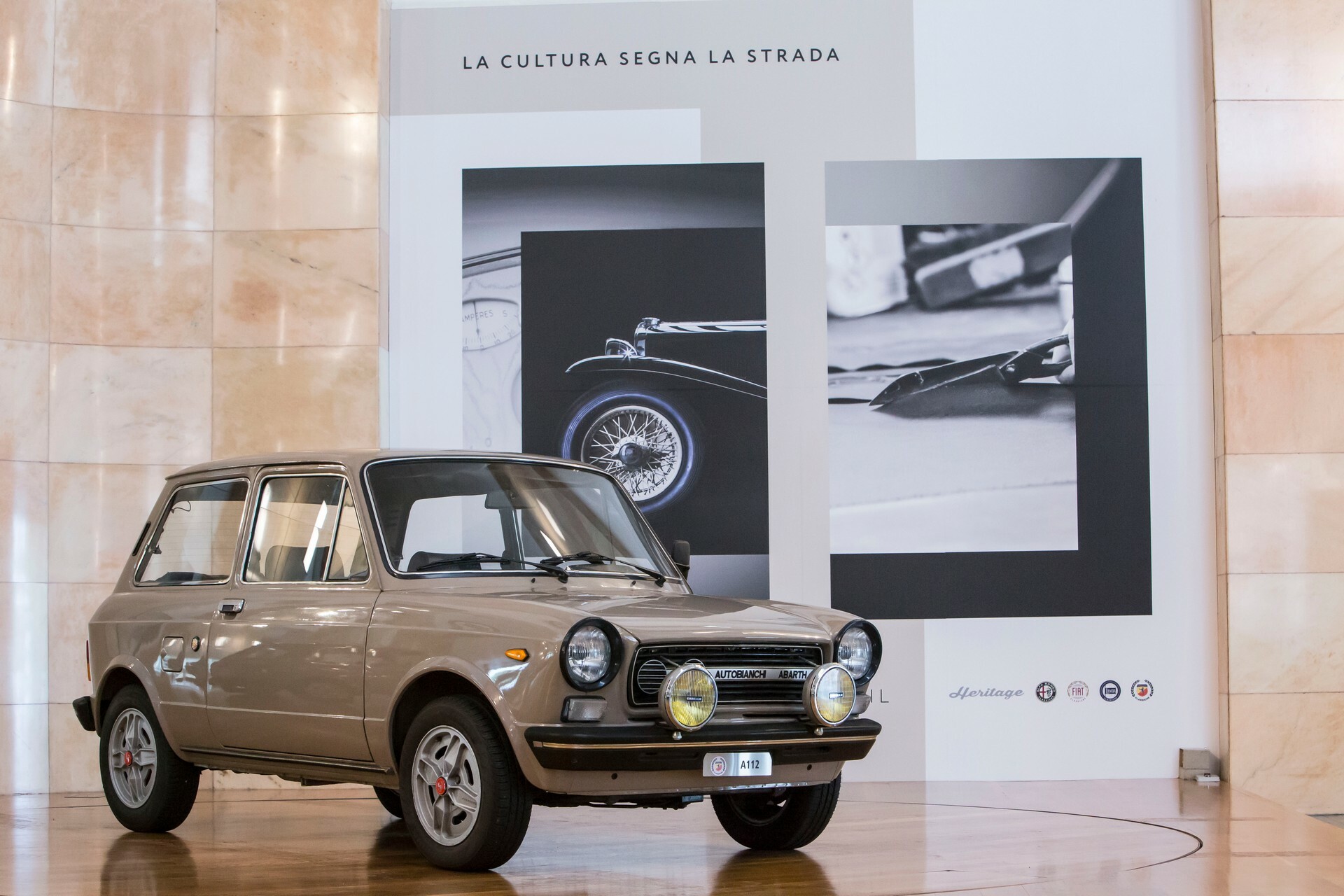- The Italian government could be looking to take the Autobianchi and Innocenti brands from Stellantis.
- Both were abandoned in the 1990’s and could potentially be given to Chinese firms that setup shop in Italy.
- It remains unclear if anything will actually happen, but it appears the government has already started laying the groundwork.
Italy and Stellantis aren’t exactly seeing eye-to-eye these days, but the situation could be heating up. In particular, a report suggests the government could be looking to take some defunct brands away from the automaker.
The story is complex and hazy, but Il Sole 24 Ore suggested the government could be looking to seize the Autobianchi and Innocenti brands that are owned by Stellantis. If everything pans out, they could potentially be given to Chinese automakers willing to setup shop in Italy.
More: Fiat Throws Shade At Italian Govt With No-Logo 500e Ad
While few people outside of Europe likely remember the brands, Autobianchi was founded in 1955 and folded in 1995. Innocenti’s history is more complex and includes everything from British Leyland to De Tomaso, Daihatsu, and the Chrysler TC by Maserati – of all things. Regardless, the brand also faded away in the 90’s.
According to the paper, new regulations could allow the government to obtain historic brands that are “unused for at least five years or those subject to a cessation process by the owner company.” More interestingly, the publication says the “Ministry of Business and Made in Italy has applied for and obtained registration” for the Autobianchi and Innocenti trademarks. However, these are said to use different graphics than the ones owned by Stellantis.
It remains unclear if anything will actually come to fruition, but it sounds like the government is at least laying the groundwork for that possibility. That being said, there’s no shortage of Chinese brands in existence today and neither the Autobianchi nor Innocenti names are particularly coveted.
However, the government has been trying to boost automotive production in Italy and going after automakers who try to play up ‘questionable’ Italian roots. The most notable incident occurred earlier this year when Alfa Romeo decided to rename the Milano as the Junior after a minister suggested using the original name was illegal because the crossover would be made in Poland.
More recently, the government took aim at DR Automobiles for passing off Chinese cars as Italian. In that case, the government showed photos of “finished” vehicles being imported for what was supposed to be final assembly.
